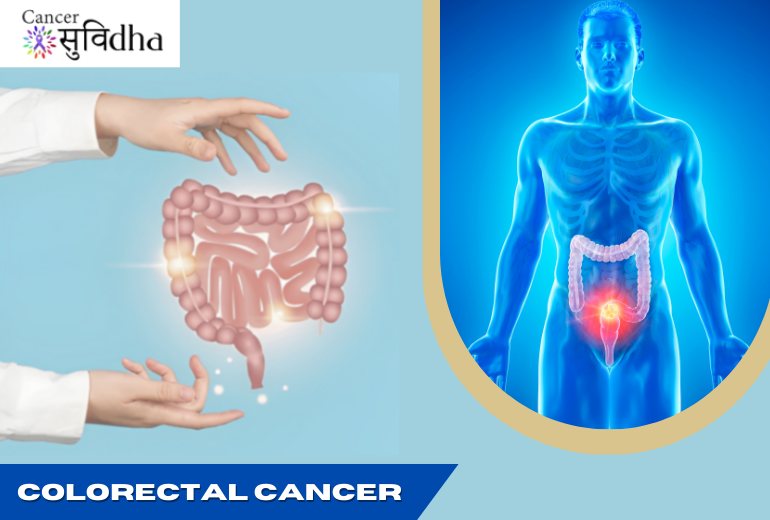Service Detail

Colorectral Cancer
Cancer treatment is a multifaceted approach designed to target and eliminate cancer cells, prevent their spread, and support the overall well-being of the patient. The choice of treatment depends on the type, stage, and location of cancer, as well as the patient’s overall health and preferences. At Connect 2 Doctor, we ensure that patients receive personalized, timely, and accurate medical advice through seamless communication with expert oncologists.
1. Surgery:
- Primary Treatment:* Surgery is often the first line of defense, particularly for localized cancers. It involves the removal of the tumor and, in some cases, surrounding tissues to prevent the spread of cancer.
- Types: Different surgical procedures like lumpectomy, mastectomy, and tumor debulking are common depending on the cancer type.
2. Chemotherapy:
- Targeting Cancer Cells: Chemotherapy uses powerful drugs to target and kill rapidly dividing cancer cells. It’s often used when cancer has spread or when there’s a risk of recurrence.
- Side Effects: Common side effects include nausea, fatigue, and hair loss. However, advancements in medicine have made chemotherapy more tolerable with fewer side effects.
3. Radiation Therapy:
- Precise Targeting: Radiation therapy uses high-energy radiation to destroy cancer cells. It can be external (using a machine) or internal (brachytherapy), depending on the cancer type.
- Applications: This treatment is often used to shrink tumors before surgery, destroy remaining cancer cells post-surgery, or treat inoperable cancers.
4. Immunotherapy:
- Boosting the Immune System: Immunotherapy enhances the body’s immune system to recognize and attack cancer cells. It’s a promising option for cancers that are resistant to traditional treatments.
- Types: Common types include checkpoint inhibitors, CAR T-cell therapy, and cancer vaccines.
5. Targeted Therapy:
- Precision Medicine: Targeted therapy focuses on specific molecules and genes involved in cancer growth. This treatment is highly personalized, often used for cancers with known genetic mutations.
- Examples: Drugs like PARP inhibitors for breast and ovarian cancers and tyrosine kinase inhibitors for certain types of leukemia.
6. Hormone Therapy:
- Managing Hormone-Dependent Cancers: Some cancers, such as breast and prostate cancers, depend on hormones to grow. Hormone therapy either blocks the body’s hormone production or interferes with the hormone’s effects on cancer cells.
- Benefits: It’s a critical component in managing hormone receptor-positive cancers.
7. Bone Marrow/Stem Cell Transplant:
- Rebuilding the Immune System: Used primarily for blood cancers like leukemia and lymphoma, this treatment replaces damaged bone marrow with healthy stem cells, either from the patient (autologous) or a donor (allogeneic).
- Recovery: It’s a complex procedure that requires a robust support system for recovery.
8. Integrative and Supportive Therapies:
- Holistic Approach: Cancer treatment is not just about eradicating cancer cells. Integrative therapies such as acupuncture, physical therapy, and nutritional counseling play a vital role in managing symptoms and improving quality of life.
- Emotional and Psychological Support: Mental health support is equally important, with counseling and support groups helping patients and families navigate the emotional challenges of cancer treatment.
9. Clinical Trials:
- Access to Cutting-Edge Treatments: Clinical trials offer patients the opportunity to try new therapies under development. These trials are critical for advancing cancer treatment and may provide options when standard treatments are not effective.
10. Personalized Treatment Plans:
- Tailored Care: Every cancer journey is unique. At Connect 2 Doctor, we emphasize the importance of personalized treatment plans, ensuring that each patient receives care tailored to their specific needs and medical condition.
---
At Connect 2 Doctor, we understand the complexities of cancer treatment. Our platform bridges the gap between patients and specialists, ensuring you receive expert guidance, support, and care at every step of your cancer journey. Trust us to connect you with the right doctor, at the right time, for the right treatment
